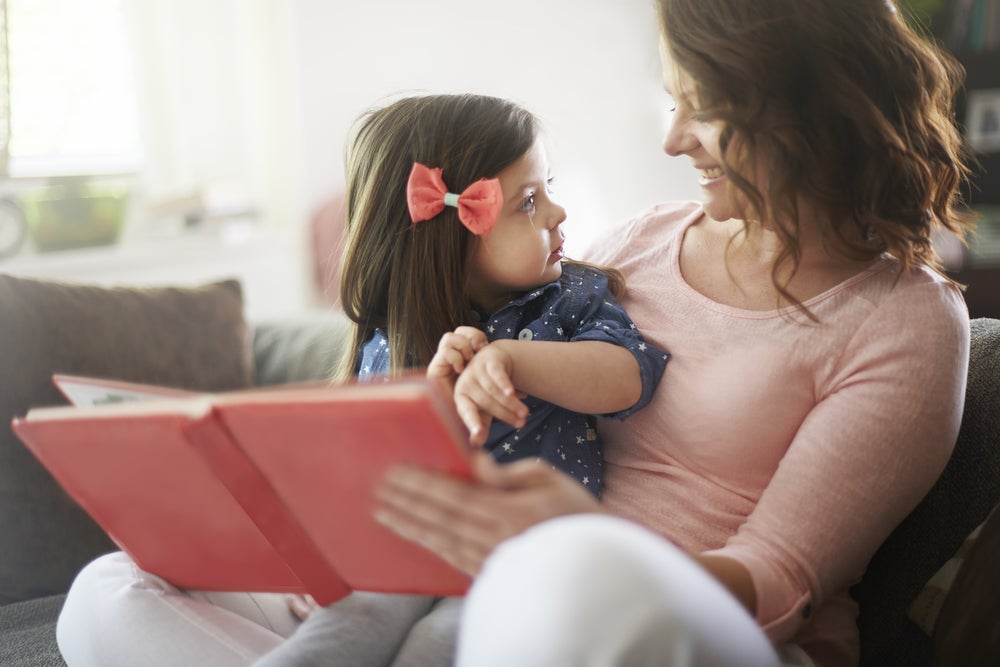The tragic case of Charlie Gard, a blind and deaf infant, incapable of breathing on his own and wracked by epileptic seizures, seized the world’s attention this month. His British parents held out desperate hope for an experimental treatment in the United States. His doctors, the British courts and the European Court of Human Rights argued that there was no cure for his rare genetic disease. Prolonging his life, they said, would expose him to needless suffering and distress. That view prevailed. On July 27, the British High Court ruled that Charlie should be sent to a hospice and then taken off life support to die.
The conflicting arguments of the case will be debated far into the future. But it all boils down to a basic question: Who knows best when it comes to the welfare of a child? Do parents, by virtue of their blood relationship, have some sixth sense that gives them an advantage over all other interested parties? Or are medical, legal and other professional experts sometimes better equipped? Modern jurisprudence has taken the latter position. The 1989 United Nations Convention on the Rights of the Child holds that children have inalienable rights, independent of their parents, and public intervention may be needed to protect them.
Child development specialists tend to agree. Parents do not necessarily have a corner on the child-rearing market and even with the best of intentions, may be ignorant of best practices for raising happy, healthy, productive children. As we argue in our soon-to-be-released flagship publication Learning Better: Public Policy for Skills Development, parents may need training in managing their children’s behavioral and educational challenges, and governments can play a critical role.
 Latin America and the Caribbean have some special challenges in this regard. Corporal punishment is rife. Despite evidence it can cause lasting mental health problems, like aggression and depression, the incidence of physical abuse of children in eight countries of the region stands at around 30% to 40%. Parents can act inappropriately in other ways too. They may criticize, berate and humiliate their children. They may verbally mistreat them, when softer discipline, combined with reassurance and encouragement, would better improve behavior without leaving scars.
Latin America and the Caribbean have some special challenges in this regard. Corporal punishment is rife. Despite evidence it can cause lasting mental health problems, like aggression and depression, the incidence of physical abuse of children in eight countries of the region stands at around 30% to 40%. Parents can act inappropriately in other ways too. They may criticize, berate and humiliate their children. They may verbally mistreat them, when softer discipline, combined with reassurance and encouragement, would better improve behavior without leaving scars.
Governments can make a crucial difference by identifying and supporting programs that teach parents how to better manage those tricky parent-child interactions. Our study has examined numerous such endeavors, focusing on programs that have been rigorously evaluated for helping with behavioral and cognitive development. We have found several experiences to recommend.
One successful program, the Positive Parenting Program, created originally in Australia and widely implemented in the United States, has been shown to significantly reduce documented cases of parental abuse and childhood injury by a combination of everything from short 15-30 minute consultations to longer more intensive ones for serious cases. A broad range of specialists participate. They teach parents to emphasize positive reinforcement over negative criticism, and to neutralize frustration with child misbehavior before it ends in explosions.
Another initiative, the federally funded Early Head Start program in the United States includes comprehensive services for low-income families with children up to age 3. Those include everything from training parents to play and use educationally appropriate materials with their young children, to providing parents with health and mental health services, substance abuse treatment, job training and even income and housing support.
The gold standard in developing countries has long been the Jamaica curriculum, though it focuses more on cognitive stimulation than behavioral issues. That program, using home visits, originally targeted families of very young, malnourished children in Jamaica during the 1980s. Parents were taught to use homemade toys and picture books to make learning of basic language and numeracy skills fun. And the results were stunning: 20 years later beneficiary children showed higher intelligence, better mental health, less violent behavior and more robust earnings than those in a control group.
What all these programs share is a recognition that for all their love, parents in many cases lack basic skills for childrearing. Often, they are educationally unprepared to talk, play and engage with their children in cognitively enriching ways and emotionally unprepared to handle behavioral issues without resorting to harsh verbal and physical abuse. Governments in Latin America and the Caribbean have a duty to support programs that can reverse those shortcomings. Our study and its accompaniment, the SkillsBank website, can help, providing a guide to some of the best programs, with results from evaluations and critical findings on cost-effectiveness. Importantly, parenting programs not only have been found to work, they also cost a fraction of other alternatives such as daycare.
Little Charlie’s parents wanted the best for their little boy; most parents probably do. But wanting the best and knowing what’s best are not always the same. Fortunately, most parents need not face the kind of heart-wrenching dilemma that Charlie’s parents did, but their actions can nonetheless weigh heavily on their children’s futures. The right interventions can help parents do what’s right and what’s best to help their children become socially-integrated, productive citizens.


Leave a Reply